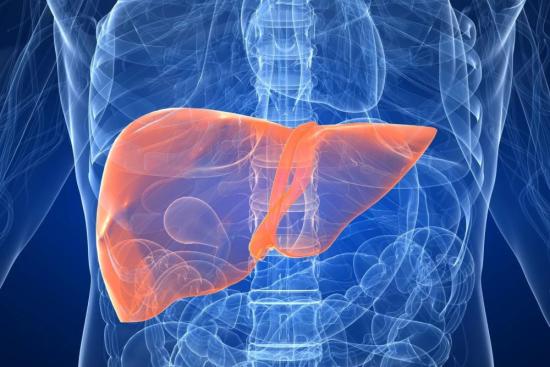When liver cancer needs a targeted approach, standard treatments may not be enough. Hepatic chemoembolization is a minimally invasive procedure that delivers cancer-fighting drugs directly to the tumor and reduces its blood supply, improving results while limiting side effects.
In Turkey, experienced interventional radiologists perform this procedure using advanced imaging technology, ensuring precise treatment and personalized care.
Cost of liver chemoembolization in Turkey
The cost of liver chemoembolization in Turkey depends on factors such as the complexity of the procedure, the patient's condition, and the hospital chosen. On average, prices range from $4,000 to $8,000 USD, offering a high-quality treatment at a competitive price compared to other countries.
Patients typically spend around one week in Turkey, which includes the procedure, recovery, and post-operative consultations. With the guidance of experienced interventional radiologists and medical teams, you can receive safe, effective, and well-monitored care throughout your stay.
Contact Turquie Santé today to get more information and plan your liver chemoembolization in Turkey with confidence.







